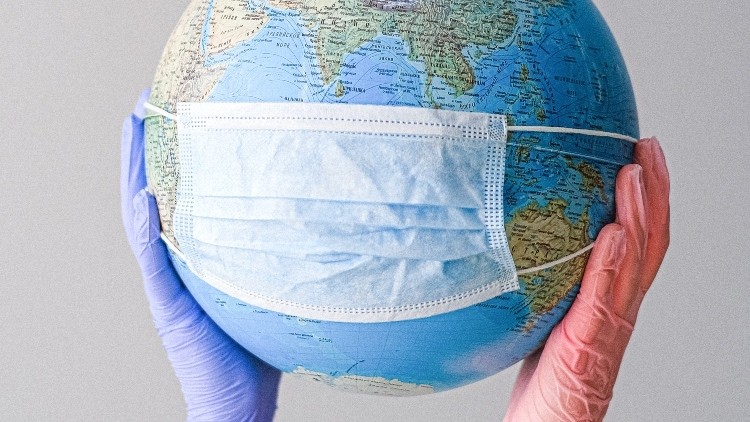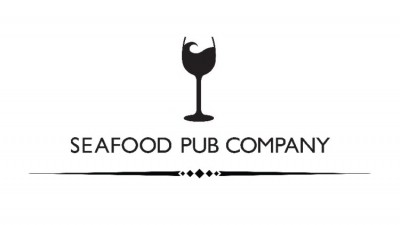Opinion
Hospitality must look abroad for a glimpse of the future

From what I’ve seen so far, the guidelines are what we have been expecting, but the implementation of them and their ability to control a further spread of coronavirus will be the real measure of success.
As the crisis has unfolded, I’ve kept in constant contact with my night-time economy counterparts across the globe, learning what is working from those ahead of us on the curve, and, where possible, supporting those behind us.
Many of our international counterparts have already installed the measures being suggested for the UK, with varying success rates. But, by looking abroad, we can monitor the issues arising from them and at least gain some insight as to what our venues may look like in the months to come.
Perhaps the most widely adopted of these measures are restrictions on customer numbers.
Some countries are adopting very strict approaches, such as Australia, where customer numbers are limited to one per four square metres, and a maximum of 10 drinkers on site overall.
In Paris, no more than 10 people are allowed to sit at any one table, while Finland’s bars are only allowed to admit half of their normal capacity under regulations that will stay in place until the end of October.
In contrast, Israel has taken a more relaxed approach. Bars and pubs with a capacity of 100 or less can operate as normal, with those serving higher numbers asked to operate at 85%.
Of course, these restrictions are very much governed by individual guidance.
One-metre distancing is being increasingly enforced across the globe, including in Norway’s capital, Oslo, to allow for greater numbers and laying further pressure on our own UK Government to reduce its own guidelines.
While one metre means that capacity could get to 70-75% – meaning survival for some – the two-metre approach we, in the UK, currently adhere to could mean a drop to 50% and almost certain administration for many operators.
I’ve also seen many cities, including Lithuanian capital Vilnius, adopt temporary measures to allow pubs and bars to expand onto public pavements, squares and even into parking spaces, and I know, in the UK, there’s also discussion on temporary pedestrianisation of roads to allow for more space, something we’ve already started implementing in Greater Manchester.
But while this pavement culture will clearly be successful for warmer climates, I am concerned we will have limited opportunity to take advantage of these options given our weather.
Distancing policies and alcohol – a complex cocktail?
Many of the measures being introduced will likely be temporary, but the switch to cashless is one I cannot see reversing. The move to only allowing payment via phone or card is not only easier and more hygienic for the customer, but I believe the drawn-out nights of ‘cashing up the tills’ are long gone.
This week, I read about Lubos Kastner, who runs several bars in the Czech Republic, who has installed QR codes on his tables that load menus on customers’ phones, allowing them to order without a member of staff nearby. Bars in Lyon, France, are also introducing similar systems for ordering as well as using QR codes on receipts to let people pay online.
But along with these more obvious measures, there are smaller, but just as powerful, tactics being used.
Back in Israel, party-goers can expect to have their temperatures taken before they enter premises while, in Paris, staff and customers must wear masks when moving around bars – which are mandated to close at 11pm.
There have also been time limits imposed in Australia, where bars and pubs are asking customers to stay for a maximum of two hours – something that raises questions in terms of policing.
When it comes to reopening and the measures being implemented, it’s clear all countries are finding their own way forward – or carrying on, as usual, in the case of Sweden, which never shut.
But while in practice, reopening may seem straightforward, albeit clinical, the ability to keep these measures under control – especially under the influence of alcohol – will be the hardest part.
• Read the latest digital edition of The Morning Advertiser – for free – by clicking here.








